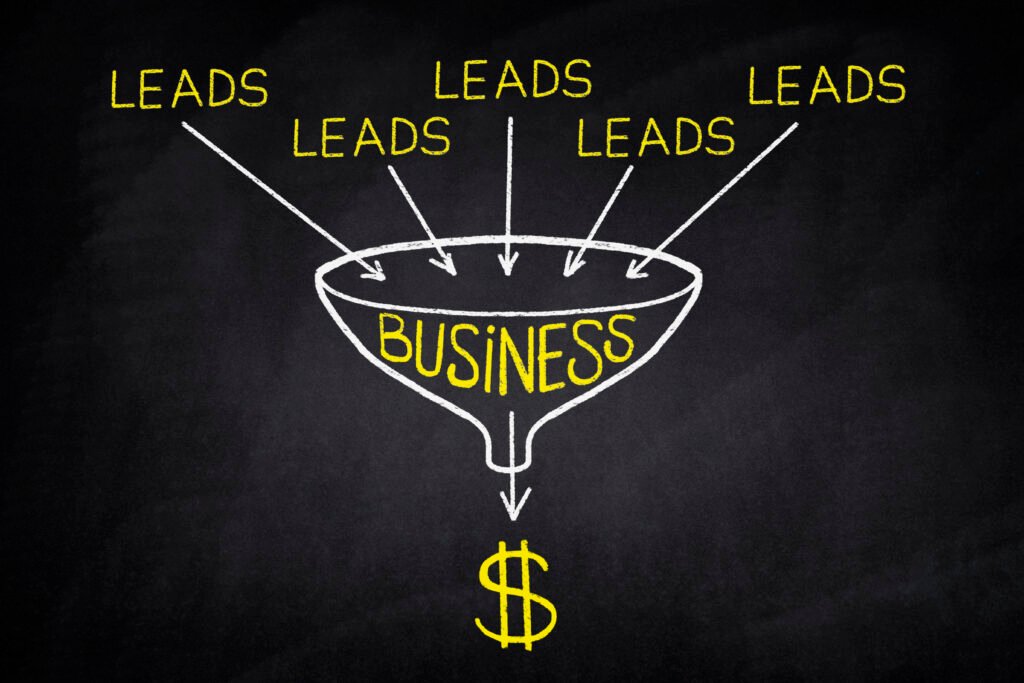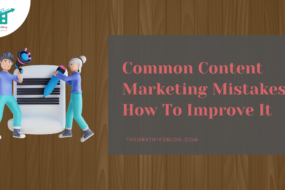
We all know how hard it is to craft content that engages readers and is friendly to search engines. With all the effort and resources into content production, tracking KPIs for content marketing to measure success is essential.
Several blogs on the Internet talk about how to create quality content and optimize it appropriately, but how do you know if you are achieving success with your content marketing efforts unless you track KPI?
So, here we come,
In this piece, we will delve into the importance of tracking KPIs for content marketing, and we will also mention eight metrics you need to observe.
First, let’s understand,
What Are Content Marketing KPIs?
Content Marketing KPIs are measurable metrics used to evaluate the success and effectiveness of a content marketing strategy. These indicators provide valuable insights into different facets of the content creation and distribution process.
Why Do You Need To Track Content Marketing KPIs?
Content marketing KPIs are essential to measuring the success of your content. They provide invaluable insights into its Effectiveness and Identify areas for enhancement to guarantee optimal visibility, performance, and engagement.
With clear metrics that indicate weak points and successes, you can identify which content resonates most with your audience –so you know what material should be published more often!
In short, tracking KPIs for content marketing gives you a better understanding of the Effectiveness of your efforts so that future endeavors will reap even greater rewards.
Now, let’s look at the KPIs that you need to track.
Eight Content Marketing KPIs To Track For Better Results
Content marketing has become an indispensable part of a successful digital marketing strategy. To guarantee that your content marketing endeavors are producing the intended outcomes, tracking key performance indicators (KPIs) that provide an understanding of how effective and influential your content is is is essential.
Here are eight essential content marketing KPIs that you should track to measure the success of your campaigns and improve your overall content marketing efforts.
- Number Of Content Published Daily
You already know that search engines are designed to show the most relevant results for user queries, so keep your content fresh and up-to-date.
For your website to become a go-to source for people and rank well on Google, you must develop trust in the eyes of search engines. The only way to do that? Through regular publishing of high-quality content.
Although there are many pieces of information, make sure yours is specially crafted after plenty of research – so it stands above all others! Consistency will always be key – don’t let anything stand in the way of providing top-notch material!
If you need help creating content regularly, consider Utilizing a content calendar to assist in maintaining your schedule. By this, you can quickly identify what content should be published daily.
- Website/Page Traffic

This KPI should be at the top of your list if you’re serious about content marketing. It indicates how many people are visiting your website or page and its performance in terms of user engagement.
If there’s no traffic coming to your website, you need to put more effort into promotion and SEO optimization. If you have plenty of visitors, but they leave quickly (high bounce rate), then it’s time to re-evaluate your content and ensure it meets their expectations.
Once you get the hang of things, you can use analytical tools (like Google Analytics and Google Search Console) to measure this KPI and adjust your strategy accordingly.
- Bounce Rate

It pertains to the percentage of visitors who exit a page or website after visiting just one page. It’s an important KPI that indicates how engaging your content is, in addition to the performance of your website itself.
If your bounce rate surpasses 50%, it’s time to make some changes; people have no incentive to remain on the page, and you need more engaging content. A low bounce rate (less than 30%) shows that users find your content interesting, but it can also mean that something needs to be fixed and is making visitors leave immediately!
It’s essential to look into why people might be leaving your page. Ask yourself if it’s because of slow loading times, irrelevant content, or a poor user experience. After identifying the problem, you can resolve it and improve your KPI.
- Pages Per Session
Another KPI you should track is the number of pages a visitor views during one session on your website – this gives you an idea of how engaged they are with your content and indicates whether or not they have found what they are looking for.
If a visitor checks out more than one web page on your website, it’s usually because they are intrigued and seeking further information. Conversely, if someone hops off after seeing only the homepage, that could indicate that the content wasn’t stimulating enough to prompt them to stay on longer.
Utilize Google Analytics or alternative tracking tools to observe this metric and uncover trends in user behavior. This way, you will gain invaluable insights into which type of material is most successful and how best to optimize it for optimal visitor engagement!
- Inbound Links
Content creators often craft quality material with an eye to the future, knowing it will start gaining links in a few days. They are links from other websites leading people back to yours; they act as an acknowledgment of your site and content’s worthwhile increasing visibility.
The KPI you need to keep track of here is the total number of quality inbound links that point to your On your website, you can employ Google Search Console’s “Links” report to check this KPI, or else you can choose other SEO tools Like SEMrush, Ahrefs, etc., and ensure that it’s within acceptable limits relative to competitors.
Also, keep track of what type of content generates the most links and the website profiles linking back to you. This will ensure that you won’t get any low-quality links in the future.
- Keywords/Ranking
As we have already discussed, bounce rate, traffic, and inbound links are performance factors based on your target keywords for content marketing.
So, tracking keyword/ranking positions for all the content you have created and published is essential, as this KPI indicates whether or not your SEO efforts are paying off.
You can use a tool like SEMrush to identify what keywords your content ranks for and their positions in the SERPs. To measure success, a great KPI is a gradual rise in the number of keywords your site targets and their rankings over time.
Note: Use semantic keywords to target a wide range of related topics, increasing your chances of appearing in the SERPs for more searches.
- Social Shares

This KPI reveals how engaging your content is to readers, as it communicates the number of times a blog post or article has been shared across social media platforms.
It’s not enough to measure the number of shares; you should also track engagement metrics. By analyzing the number of likes and comments on each piece of content, you can pinpoint the most popular topics and what types of content receive the highest engagement to create more.
You should also consider the social media platform on which your content is being shared, as all platforms have different degrees of influence. For example, a post shared on LinkedIn will have more impact than one shared on Twitter.
- Leads/Sales

The ultimate KPI for content marketing is leads and sales. It’s essential to track the conversions (i.e., leads and sales) your content generates, as this metric will measure if your content is helping you achieve your goals.
You can use any online tool to track leads and sales and the effectiveness of individual pages by setting up funnels.
FAQs
Q1. What Are Content Marketing KPIs?
A. Content Marketing Key Performance Indicators (KPIs) are measurable metrics that help assess the effectiveness and success of content marketing strategies. They offer insights into diverse elements, including audience engagement and reach and conversion rates.
Q2. Why Are Content Marketing KPIs Important?
A. Content Marketing KPIs are crucial for evaluating the performance of your content initiatives. They enable businesses to measure their content’s impact, identify improvement areas, and align strategies with overall goals and objectives.
Q3. Which KPIs Are Commonly Used In Content Marketing?
A. Common Content Marketing KPIs include website traffic, conversion rates, engagement metrics (likes, shares, comments), bounce rate, time on page, lead generation, and ROI. The specific KPIs selected depend on the goals of the content strategy.
Final Thoughts
Now that you know what KPIs for content marketing you should be tracking, start tracking them and analyzing the results. Initially.
If you have any inquiries about the subject, please leave them in the comment section. We will be happy to answer you.
Thanks for reading 🙂








No Comments